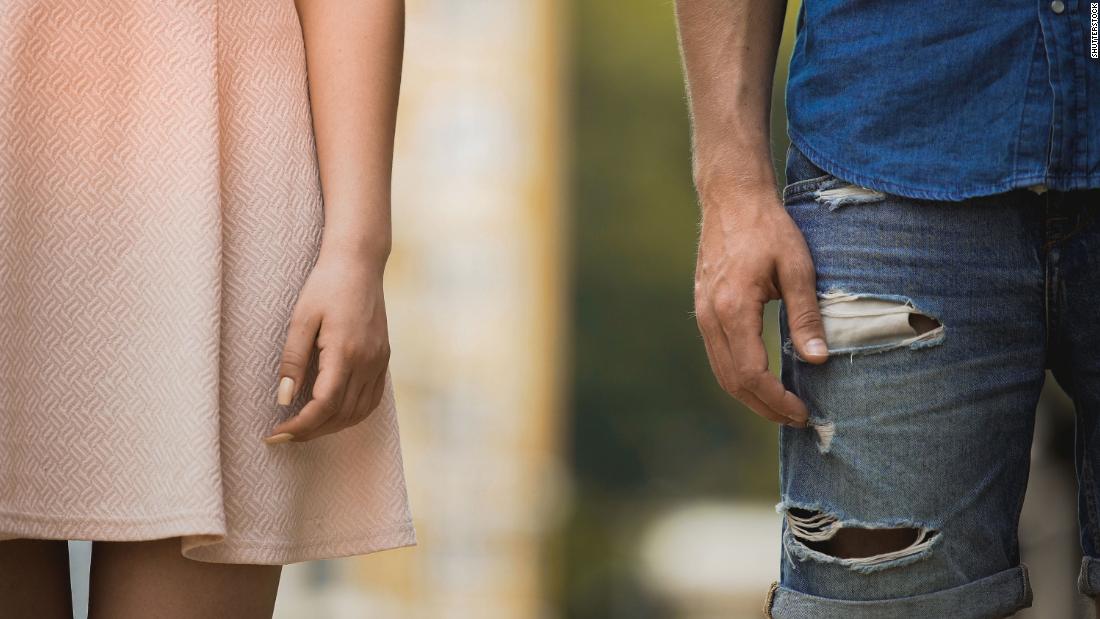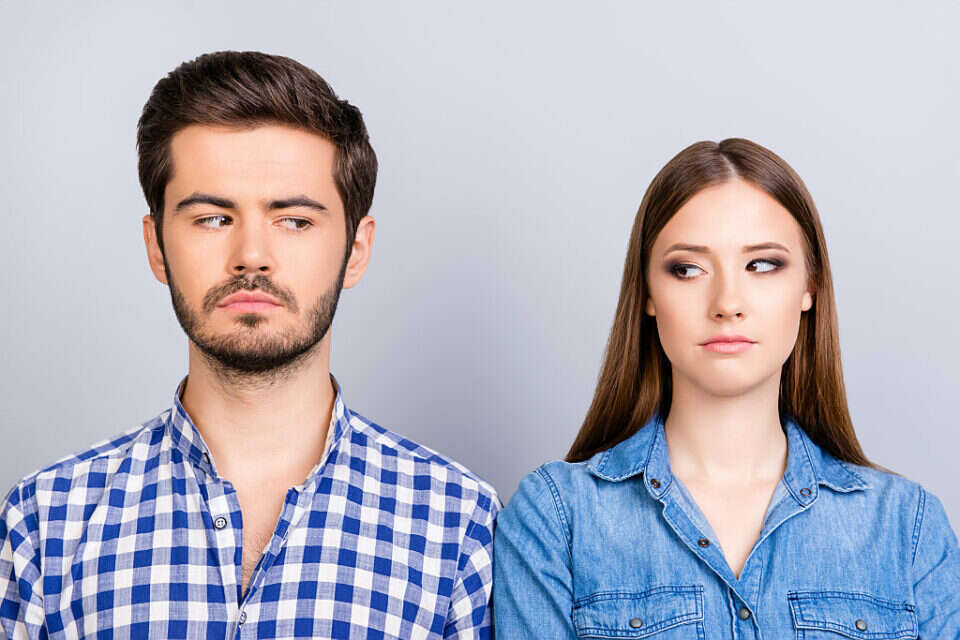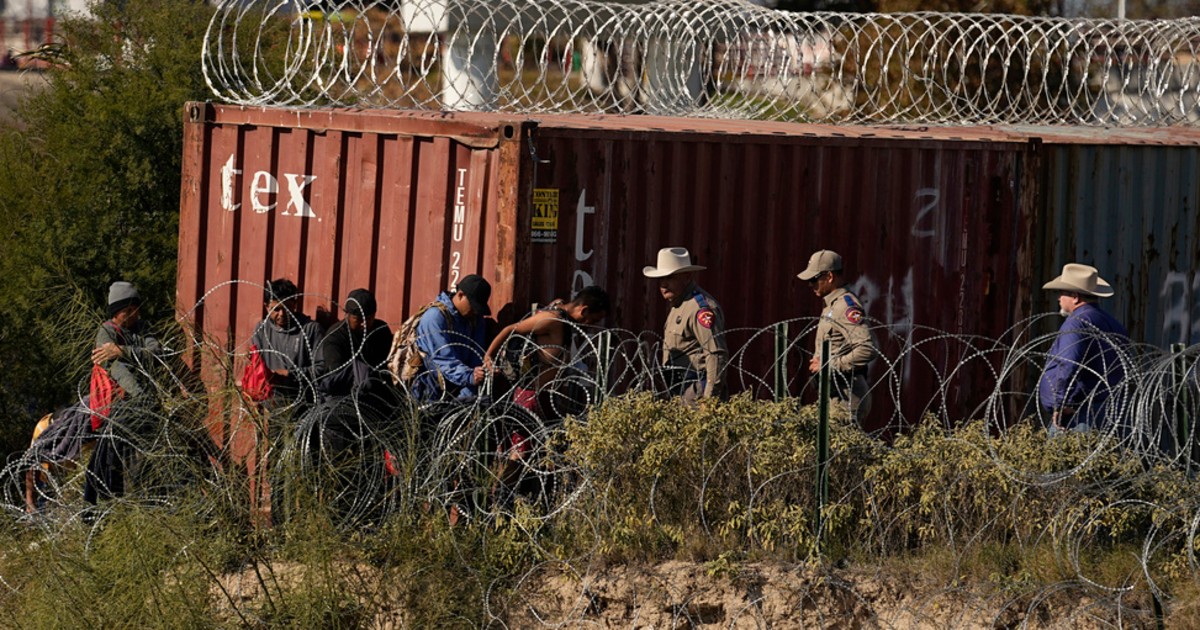People in Shanghai shout that they are "starving" due to confinement 0:52
(CNN)--
Your good friends can help you out of a tight spot.
They may know how to listen and they may know how to keep you company over a meal or a drink.
But they're not good at keeping you from getting sick from covid-19, according to a new study.
A study published this Thursday reveals that although the people we consider friends are good for mental health, when it comes to an infectious disease like covid, your friends could make you even more vulnerable to it.
This is what two researchers, and best friends, discovered with the five studies they have published in the Journal of Experimental Psychology.
Hyunjung Crystal Lee and Eline De Vries are adjunct and associate professors and marketing specialists specializing in consumer behavior and business psychology in the Department of Business Administration at Universidad Carlos III de Madrid.
Physical and Mental Health Tips We Should Be Adopting Pandemic or No Pandemic
It has long been known that friendship, while psychologically beneficial, can warp a person's perception of risk.
Risk perception stems from a person's ability to judge the severity and likelihood of a negative outcome.
Previous studies have shown that people tend to feel more secure when they're in a close relationship with someone, and that can lead them to make emotional rather than rational decisions.
The researchers demonstrated this through five different experiments with a wide variety of people over the course of the pandemic.
Lee said she and de Vries became interested in the work because, while living through the pandemic, they began to wonder what makes people take risks and what conditions would make people feel vulnerable or invulnerable.
"And then we went down the rabbit hole," de Vries added.
advertising
It's what they call the "friendly shield effect."
"The idea was that we perceive our friends as a shield. We feel safe when covid-19 is associated with friendship," de Vries said, even though we shouldn't.
The first experiment involved junk food.
The researchers divided the participants into two groups.
One was asked to think of a close friend.
The other group was asked to think of a distant acquaintance.
They both wrote memories of those people.
They were then given an article arguing that eating unhealthy snacks could increase a person's risk of developing severe covid.
The article also mentioned that hand sanitizers and face masks were protective.
Groups were then allowed to shop online at a store that offered travel-size hand sanitizer and masks, as well as Cheez-Its and extra-large Twix and Mars candy.
The group that thought of their close friends first was much more likely to buy junk food than protective gear, despite warnings.
With the return of in-person meetings, so do toxic family relationships
A second experiment divided the participants into three groups.
None had had covid.
They were asked to imagine that they had been infected by a friend, an acquaintance, or a stranger.
They were then asked how much they would spend on health protection in the next two months.
Those who imagined they were getting it from strangers or people they weren't close to planned to buy about the same amount.
Those who got sick because of friends planned to spend half.
The experiment confirmed that "positive emotions can make people relatively indifferent to risk and likely to engage in risky behavior," according to the study.
A third experiment involved people who had COVID-19 at one point in the pandemic and who knew how they got sick after being exposed to COVID.
Those who were exposed by a friend or family member were much less likely to think they would get it again compared to those who became ill after exposure from an acquaintance or stranger.
The fourth study compared how people with a strong sense of boundaries felt about their risk of contracting Covid when they visited their favorite burger joint.
Those who clearly classified others in the category of friend or acquaintance were less hesitant to go out to eat with a friend than with an acquaintance.
Those who had more diffuse boundaries, whether the person was a friend or an acquaintance, were not affected by their decision to dine indoors in this type of risk situation.
The fifth experiment looked at people's friendships and considered their political ideology.
Previous research has shown that politically conservative people draw clearer distinctions between who is a friend and who is an acquaintance.
In that experiment, people were asked to imagine going to a favorite coffee shop alone, with a close friend, or with an acquaintance.
They were asked how crowded they thought the cafeteria would be and how likely they thought they would be to get sick after being exposed to someone there.
They were also asked how they would describe themselves politically.
Conservatives thought that the cafeteria would be less crowded and that they would be less likely to get sick if they went with a friend than if they went with an acquaintance.
"People who had the clearest boundaries of who is a close friend and who is distant show the greatest friend shield effect and feel the most invulnerable to Covid," de Vries said.
In all, these studies seem to repeatedly show that people are not good at perceiving risk when friends are involved, even if the risk extends beyond this person in their social circle.
This is what the study called a "potentially dangerous irrational bias," as limited interaction with others is the most protective behavior in a pandemic.
Kaileigh Angela Byrne, who did not work on these studies but has done research on pandemic risk-taking, called these experiments "really interesting reading" and builds on work showing that "when trust is high, risk perception is low.
"Risk seems less threatening when associated with something positive, like a friend or a group of friends, so it makes sense that going to a favorite coffee shop with friends, even in the midst of a pandemic, feels good, even if you really don't." is," said Byrne, an assistant professor of psychology at Clemson University.
Byrne's research also found that people who identify as conservative have a lower perceived risk of participating in social activities during the pandemic.
In part, she said, this is because the pandemic was politicized, and her strong sense of boundaries about who is a friend further lowers her perceived risk.
The studies, he said, seemed to create realistic scenarios, and although they are experiments, "there is a good connection between intention and actual behavior."
Virtual contact was worse for older people during the pandemic than no contact at all, study finds
Byrne believes that designers of public health campaigns should take this research into account.
It's good for people's mental health to stay in touch with friends, but people should be encouraged to meet in safer spaces, like a park or some other outdoor spot, she said.
"I think it's possible to maintain social interaction in a pandemic while still making efforts to reduce the risk of infection," Byrne said.
Some public health guidance encourages people to limit interaction to close circles of friends, but de Vries and Lee hope their study will inform future public health policy.
People have to be reminded to be careful even with close friends.
"We would like a more holistic response," Lee said.
"Risk perception was more neglected in the current strategy against the pandemic."
"Hopefully, we will never need this information in the future and we won't have another pandemic, but if we do, we should keep this in mind. Perception is important," Lee added.
Covid-19sanitary measures









